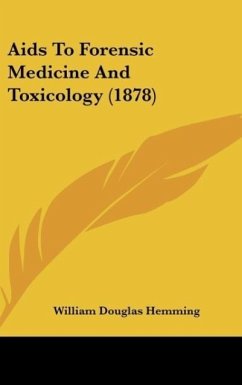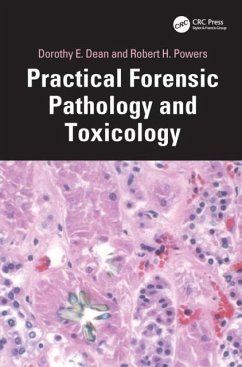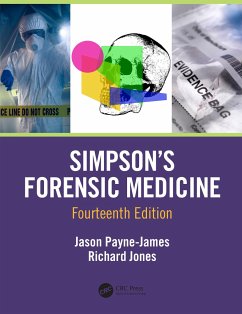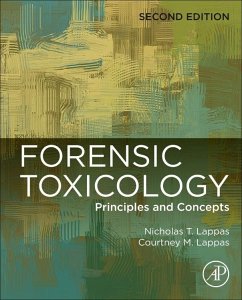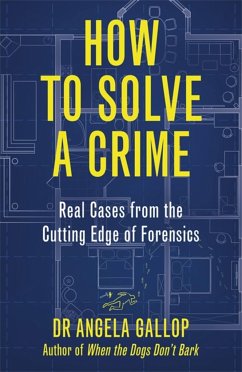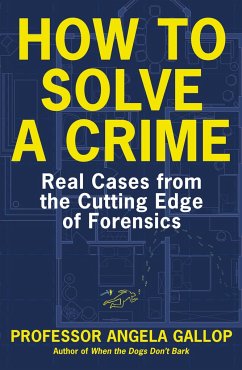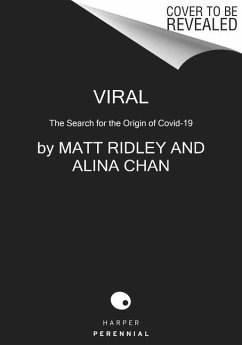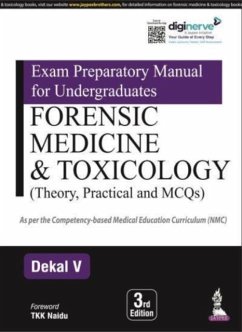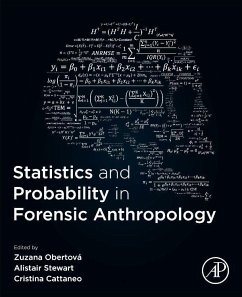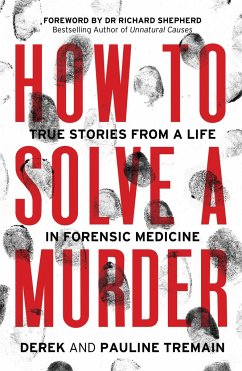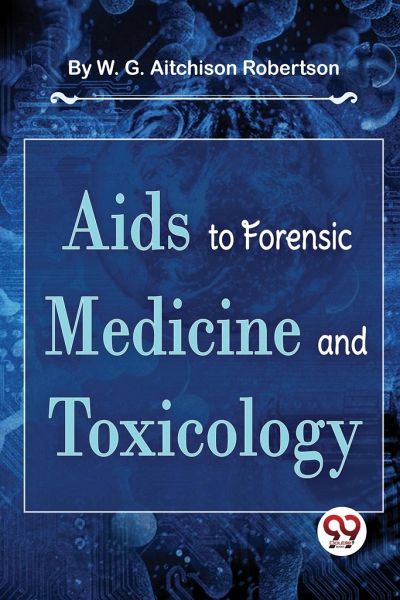
Aids To Forensic Medicine And Toxicology
Versandkostenfrei!
Versandfertig in 1-2 Wochen
17,99 €
inkl. MwSt.
Weitere Ausgaben:

PAYBACK Punkte
9 °P sammeln!
Aids to forensic medicine and toxicology is a book written by W.G. Aitchison Robertson. The book has a plot of seldom medical evidence required with regard to the identification of the living, though it may sometimes be so. Tattoo marks may disappear during life; after death, the coloring matter may be found in the proximal glands. Fingerprint impressions are the most trustworthy of all means of identification. In cases of doubtful sex in the living, the size of the penis or clitoris, and whether perforates or not, should be noted. After puberty, questions about menstrual or vicarious discharg...
Aids to forensic medicine and toxicology is a book written by W.G. Aitchison Robertson. The book has a plot of seldom medical evidence required with regard to the identification of the living, though it may sometimes be so. Tattoo marks may disappear during life; after death, the coloring matter may be found in the proximal glands. Fingerprint impressions are the most trustworthy of all means of identification. In cases of doubtful sex in the living, the size of the penis or clitoris, and whether perforates or not, should be noted. After puberty, questions about menstrual or vicarious discharges should be asked. The number, kind, and presence of erupted teeth can be used to estimate age. The two most potent are fly agaric, or Agaricus muscarius, and Amanita phalloides. The active principle of the former is phallic and of the latter muscarine. Many diseases, such as diarrhea, enteric fever, and cholera, may be caused by eating infected food. Tyrotoxic cheese consumption has resulted in widespread poisoning epidemics. Ergotism from eating bread made with ergotized wheat is now rare, but pellagra from the consumption of moldy maize is common.





